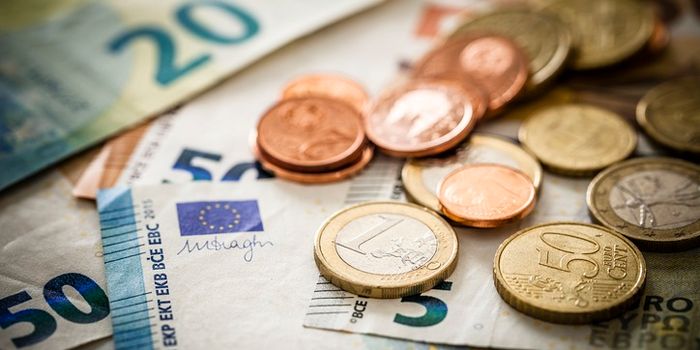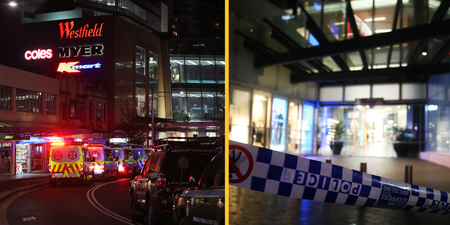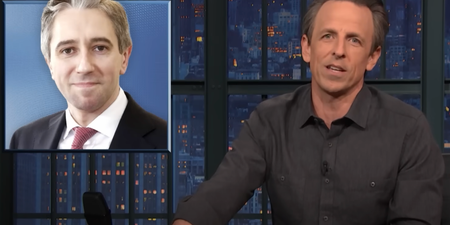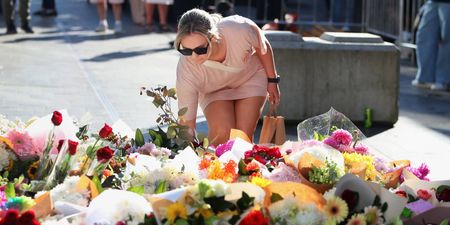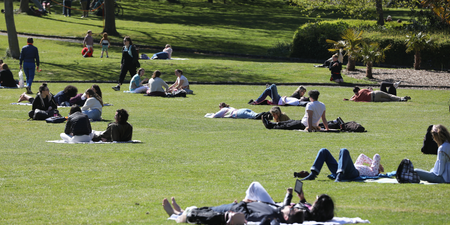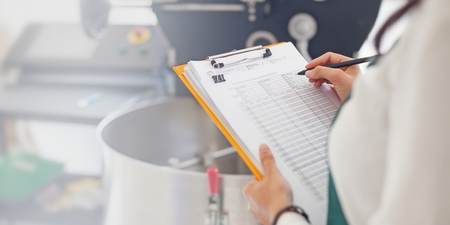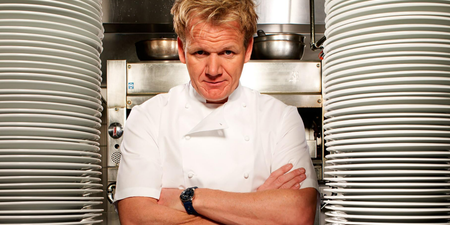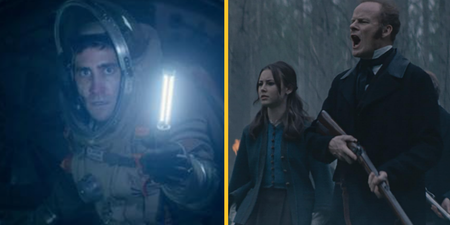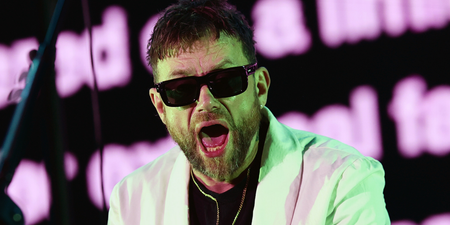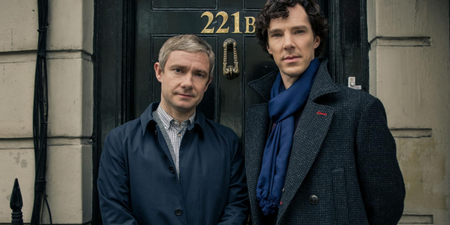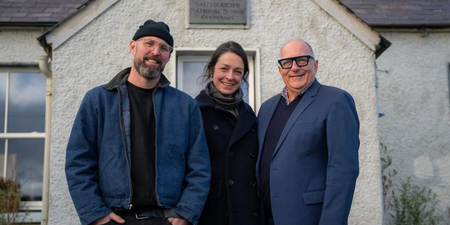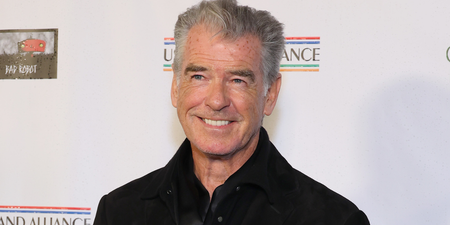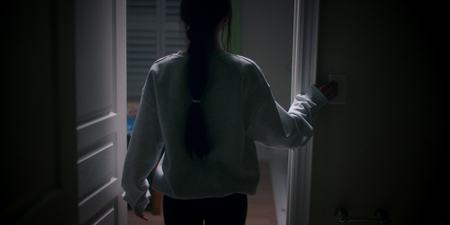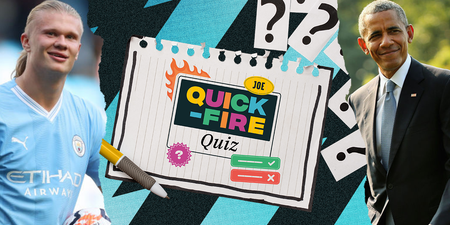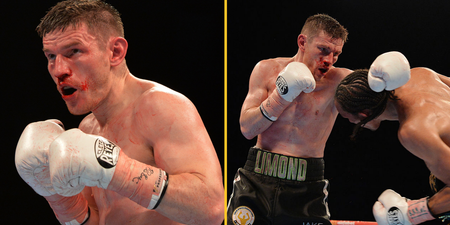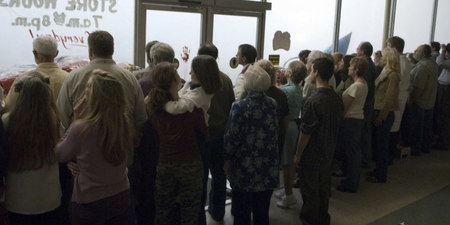A rise of 30 cent per hour for the minimum wage will kick in on 1 February.
The Government has confirmed that the hourly minimum wage in Ireland will increase to €10.10 per hour on 1 February next year.
Minister for Employment Affairs and Social Protection Regina Doherty TD announced on Thursday that the change will come into effect from 1 February due to the strong growth in earnings across the economy over the last year and greater clarity in the UK regarding their plans for Brexit.
The Government accepted the proposal by the Low Pay Commission to increase the minimum wage by 30 cent per hour in October, but a decision was taken to postpone any increase until there was greater clarity over Brexit and the ability of businesses to absorb the increase.
2020 will be the fifth year in succession that the Government has adopted proposals by the Low Pay Commission to increase the minimum wage in Ireland. As of 2019, Ireland has the third highest hourly National Minimum wage rate in the European Union.
The hourly minimum wage increased by 50 cent in 2016, 10 cent in 2017, 30 cent in 2018 and 25 cent in 2019, representing an increase of 13.2% since 2015.
When the increases comes into effect, an employee on minimum wage who works a full 39-hour week will receive an additional €11.70 per week, or an extra €608.40 gross per year.
The Government claims that over 127,000 workers will benefit from the increase.
In order to ensure that the increase in the minimum wage does not result in employers attracting a higher level of PRSI charge solely due to this increase, the employer PRSI threshold will also increase from €386 currently to €395 from 1 February.
Commenting on the minimum wage increase, Minister Doherty said: “I am pleased to announce that the increase in the minimum wage to €10.10 will now come into effect in February. The minimum wage is one of a number of important measures designed to support working families, especially those on lower incomes, and shows the Government’s commitment to supporting low paid workers.”
“All types of work should pay well and it is my determination that a job should really lift people out of poverty. The ongoing increases in the minimum wage help to ensure that happens,” Doherty added.
“The new rate is based on a recommendation by the Low Pay Commission made up of representatives from industry, workers and independent academic members. It is entirely independent in the exercise of its functions.
“It is required to recommend a minimum wage that provides an incentive to work, is set at a rate that is both fair and sustainable, and benefits as many people, without adverse effects on employment or competitiveness.”
LISTEN: You Must Be Jokin’ with Aideen McQueen – Faith healers, Coolock craic and Gigging as Gaeilge
